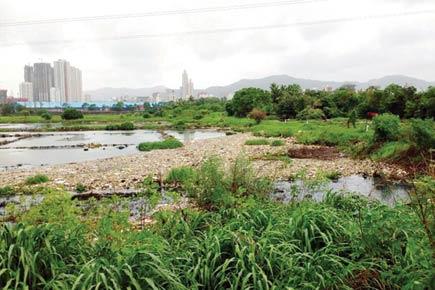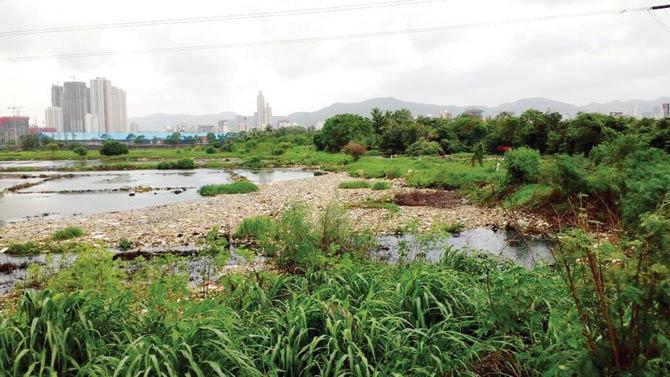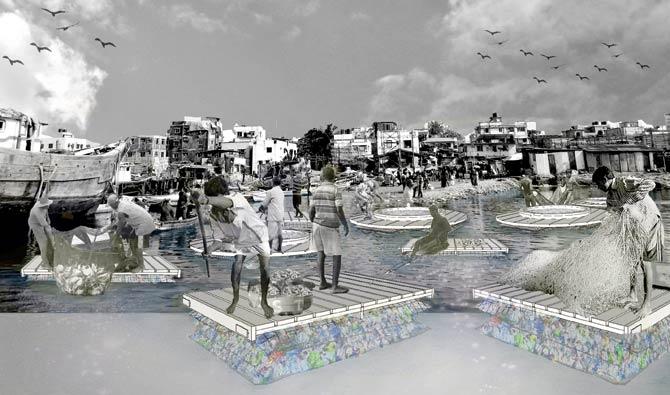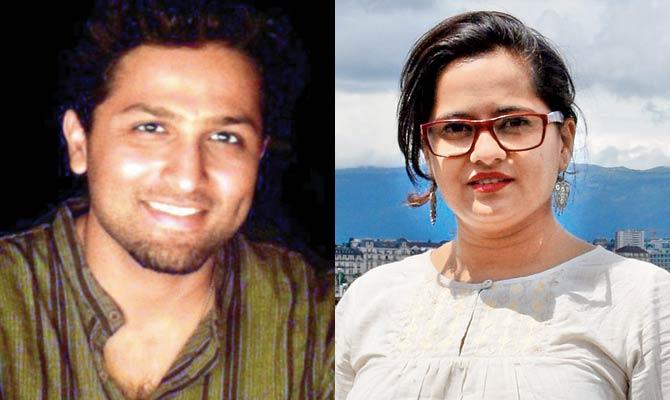Architects win Shelter Global’s competition for their recycling solution in Versova

Two Versova-based architects and urban planners have won first place at the 2016 Dencity Competition held by Shelter Global. Ketaki Tare (30) and Jai Bhadgaonkar (31) have secured this place for their proposed solutions for Versova Koliwada’s issues with plastic waste. Competing against projects such as incremental housing in Johannesburg and natural ventilation in Cairo’s slums, the duo has suggested looking at plastic as a resource rather than as garbage.

The salt pan land along the Eastern Express Highway
ADVERTISEMENT
Shelter Global is an interdisciplinary not-for-profit organisation focused on solving the world’s shelter crisis. Tare and Bhadgaonkar have been researching the plastic crisis, both on sea and land, faced by Versova’s Koli residents in the last four years. “While there are local initiatives by the Versova Resident Volunteers and the BMC to clean up plastic waste, the Kolis are hit badly since their entire economy is based on fishing. Not just that, their drying yard and spaces for festivals have been littered with plastic too,” he says.

Proposed floating platforms, made from waste plastic, for Versova’s Kolis
Their solution is to be implemented in four phases, starting with a presentation to the Koli residents this weekend. The first step involves waste collection and, once segregated, it will be sent to Dharavi for recycling and reuse. Further steps will address livelihoods, such as the building of plastic boats and floating islands using waste, closed system aquaculture and a fish processing industry. The largest quantity of waste, says Tare, is where the Malad Creek meets the sea, where plastic stagnates and threatens the breeding grounds of fish and mangroves. “We started to think of plastic as an economic resource. This can result in an alternative economy using recycling. If waste collects at the mouth of the Malad Creek, then it’s a great place to harvest plastic,” says Tare.

Jai Bhadgaonkar and Ketaki Tare
Tare and Bhadgaonkar, who first encountered the issue as part of their thesis at CEPT University, Ahmedabad, together form the urban solutions firm Bombay 61, named after Versova. They are also working on repurposing defunct mining lands in Goa. Their project in Versova Koliwada will happen in collaboration with URBZ,an experimental urban research and action collective. “A piece of plastic takes an average of 400 years to decompose. If it’s going to be around, then why not make use of it?” says Bhadgaonkar.
 Subscribe today by clicking the link and stay updated with the latest news!" Click here!
Subscribe today by clicking the link and stay updated with the latest news!" Click here!







